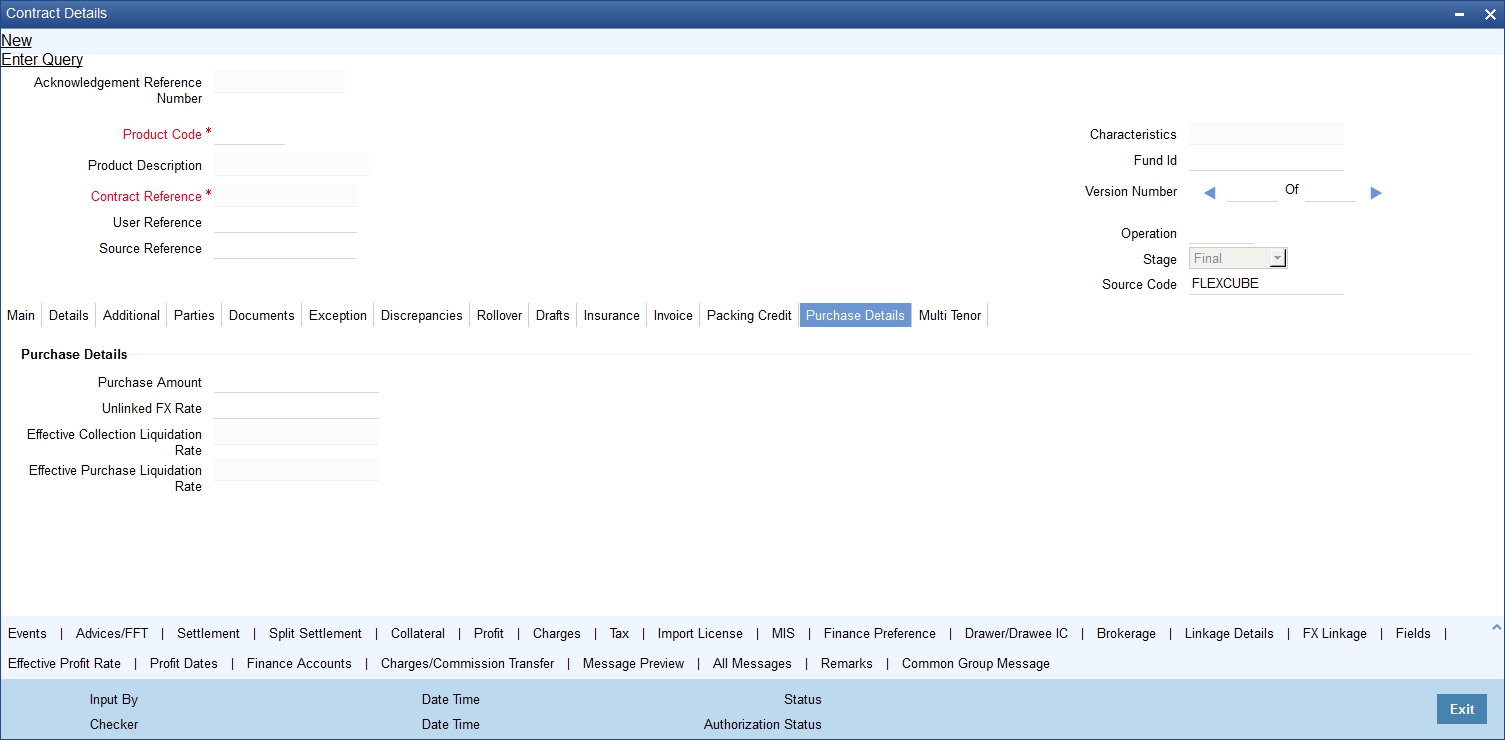

If you write a check for electricity, explain that the bill must be paid for the electricity you used to turn on the lights. But taking on more debt is generally not a good idea. It may be tempting to use credit cards, take out a home equity loan, or borrow money to pay bills.

If you tend to put household expenses on your credit card, explain that when you pay the credit card bill, you are paying back the money you borrowed to buy those things. When you don't have enough money to cover your family's basic living expenses and pay all your creditors, you face some difficult financial decisions. the major utility expenses – heating, air conditioning, gas, water, trash removal – are covered in a single monthly fee, eliminating much of the budget guesswork. Connect the things you do to the payments you make. Your landlord or apartment manager: According to Rios, many new apartment communities recognize that utilities are a concern for new residents and have them calculated into the rent price based on unit size.If you're dealing with an apartment complex, Rios suggests contacting the electric company, which can furnish cost data for similar homes and apartments. internet and cable can be calculated with a quick call to your local cable provider," says Ericka Rios, co-founder and director of leasing of Downtown Apartment Company, based in Chicago. Your utility provider: Check with the provider of each service that makes your home hum, like your electric utility, the water company, waste management company and others.“Your agent can often request a history of utility costs from the seller’s broker, but when that is not available your agent should be able to see the annual utility costs for similar homes and give you a reasonable range," Ben Creamer, co-founder and managing broker of Downtown Realty Company in Chicago, says. Your real estate agent: If you're moving to a new home and speaking with the previous homeowner isn't feasible, ask your real estate agent.


 0 kommentar(er)
0 kommentar(er)
